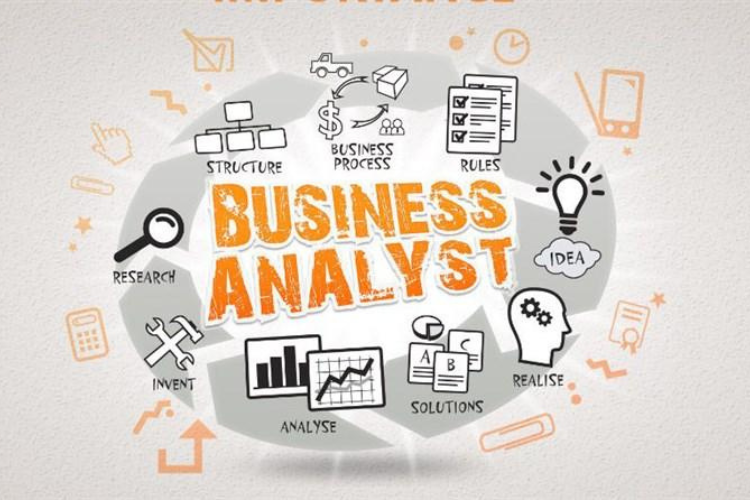
What Does a Business Analyst Do? Key Roles, Skills, and Career Path Explained
Anannya Goswami
A career as a business analyst is rapidly gaining popularity in the corporate world, especially among the youth, emerging as one of the most sought-after professional paths.
A business analyst acts as a vital link between organizational needs and technological solutions. They dive deep into a company’s current processes, use data and market insights to spot inefficiencies, and propose new systems or workflows that boost productivity and support business goals.
The most important role of an analyst includes:Discovering and Defining Needs; Planning and Designing Solutions;Supporting Implementation and Testing;Measuring Impact and Optimizing.
What educational qualifications are required to be a Business Analyst?
Educational Background
Entry into the field typically requires a bachelor’s degree in information systems, business administration, finance, economics, or IT. Many also choose to pursue an MBA or master’s in a related topic.
Certifications
Recognized credentials include Certified Business Analysis Professional (CBAP), International Institute of Business Analysis Agile Analysis Certification (IIBA-AAC), and Certified Management Consultant (CMC)—which help validate expertise and enrich professional networks.
On-the-Job Learning
Internships, entry-level roles, and cross-functional experience in finance, operations, or IT provide valuable real-world foundations.
Why is this role gaining momentum?
The accelerating pace of digital transformation is fueling demand for business analysts who can steer technology projects while understanding organizational goals. Whether upgrading IT infrastructures or streamlining operations, savvy BusinessAnalysts are essential in helping businesses optimize performance and secure ROI.
A business analyst expertly blends analytical reasoning, tech understanding, and strategic communication to bridge the gap between organizational needs and technological solutions. They investigate current processes, define meaningful improvements, guide implementation, and measure impact. With strong growth prospects, valuable skillsets, and varied work environments, this role offers an exciting, dynamic, and impactful
career opportunity.

